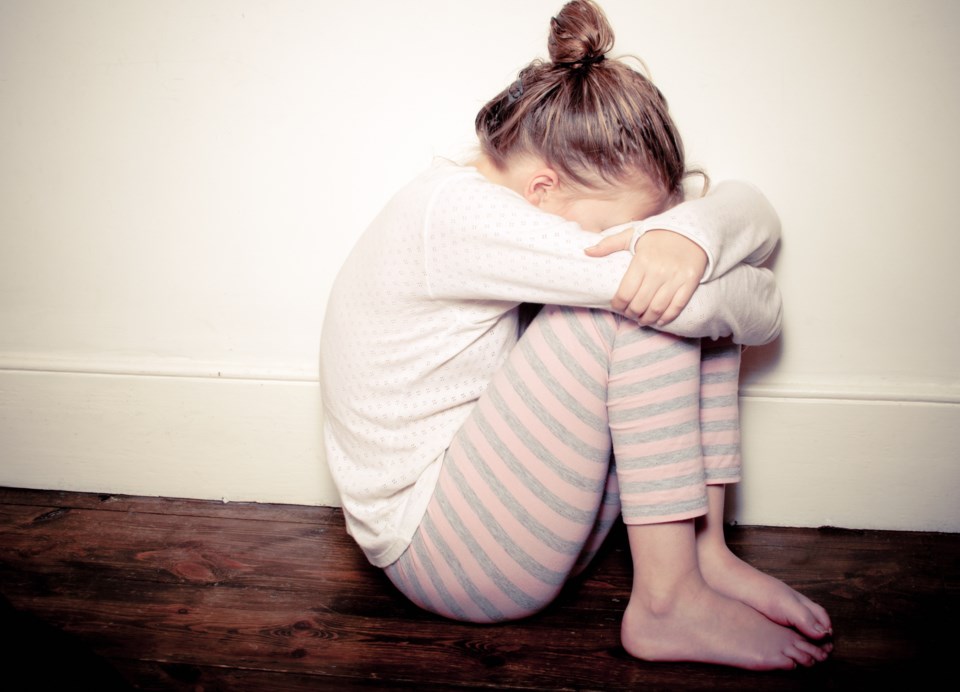A dispute between Nipissing and Parry Sound Children's Aid Society and its workers looks like it's headed for a lockout...and just days before Christmas.
Representatives of the Canadian Union of Public Employees (CUPE) expressed concern and disappointment in a news release today that the Children’s Aid Society (CAS), "had allowed yesterday’s mediation talks to break off without progress towards a deal that protects the region’s child welfare services".
CUPE 2049, represents 140 workers at Nipissing and Parry Sound CAS.
“The meeting with the provincial mediator was an opportunity to find common ground between the union and Nipissing and Parry Sound Children’s Aid and prevent vital services from being disrupted,” said Fran Bélanger, National Representative for CUPE.
“Unfortunately, the Society had nothing to offer its frontline, administrative and support workers, other than the deal that 96% of them turned down just last week. We interpret that failure as the CAS’s intention to lock out frontline and other workers from their jobs when the December 23 deadline arrives.”
A letter dated December 8 from CAS advised all staff that “effective 12:01 a.m., December 23, 2016… all union member wages will cease.”
But CAS Executive Director Gisèle Hébert blames the union for triggering the lockout by asking for a "no board report" on December 5th, leaving December 23rd as the strike/lockout date.
If conciliation fails, the conciliator or either of the parties may unilaterally request a no-board report. It's legal to strike or lock-out beginning on the 17th day after the minister of labour mails the "no board" notice.
A lockout appears inevitable.
"At the end of the day we're left with no other choice", said Hebert."We're always hopeful that something will happen. I want to reassure the community that we continue to service ongoing clients and continue to receive reports of any ongoing protection concerns 24-7."
Hebert says abuse of sick leave is a major sticking point in negotiations, but CUPE’s spokesperson Fran Bélanger says it's job cuts and workload that are at issue.
"The society regularly leaves frontline positions vacant, doesn’t replace employees who are on sick leave, and doesn’t fill other temporary vacancies. For the remaining child protection workers, these measures require them to cover absent colleagues’ caseloads and perform extra administrative tasks, even though they themselves may be struggling under already excessive workloads."
But it's the one issue Hebert calls "critical".
"It's the issue of sick leave. I hate the word abused, but our staff essentially have 80 days a year sick leave with 100 per cent salary after five years service. Our usage of sick leave is almost double that of other colleagues in the agency across the province. Our position is, we cannot continue to manage this sick leave. It's affecting service and it's resulting in a cost to the organization because we have these people off on sick leave, continuing to be paid, so to fill those positions means we are paying two people."
Hebert says that in 2015 the average number of sick days taken by frontline staff across all the Children's Aid Societies across the province was 10.1.
"Our staff here was 14.4. With admin staff the provincial average is 9.7 and ours was 22.7. So when you look at the entire average across the province the average days taken are 9.9. Ours is 18.5."
The two sides are also at odds with the workload issue.
Hebert says a number of years ago the CAS was seeing an unprecedented number of kids coming into care.
"Our service volume was extremely high, but that's not the reality today. We had a high of 269 kids two years ago, but we've reduced that now to 197 and we have 33 currently under adoption probation which means within the next several months 197 minus the 33. Our ongoing protection file since 2012 has been reduced by 36 per cent. Our position is that workload is something we take very seriously. We ensure we fill positions if we need to, but these are taxpayer's dollars. If the workload doesn't justify filling in positions, then we don't do that."
Bélanger says, “The executive director calls this vacancy management, but let’s call it what it really is: eliminating full-time positions. There is no way that this doesn’t have an impact on the families that CUPE members serve.
"The society`s non-mandated programs, such as its Community Support Team and Kinship Assessment Department, have also been cut," she added.
“However the society wants to spin it, these are cuts. They affect families as well as workers and they have a direct impact on the quality of services provided by frontline workers,” said Bélanger. "This makes the society’s focus on sick leave even more of a red herring."



